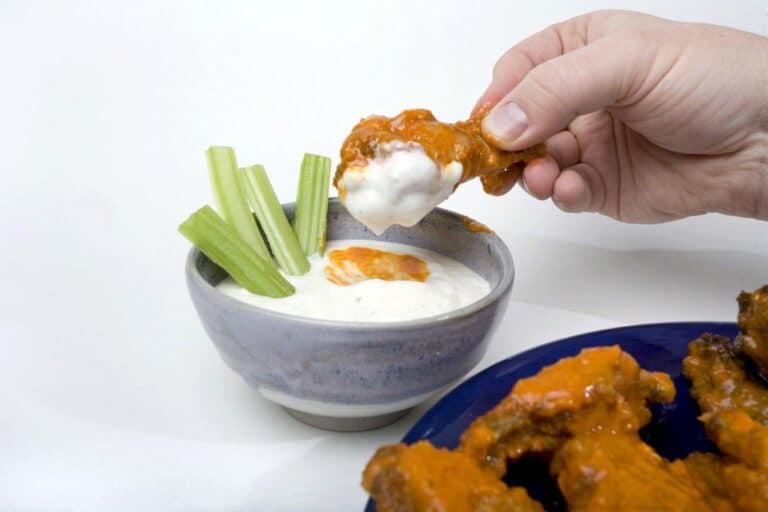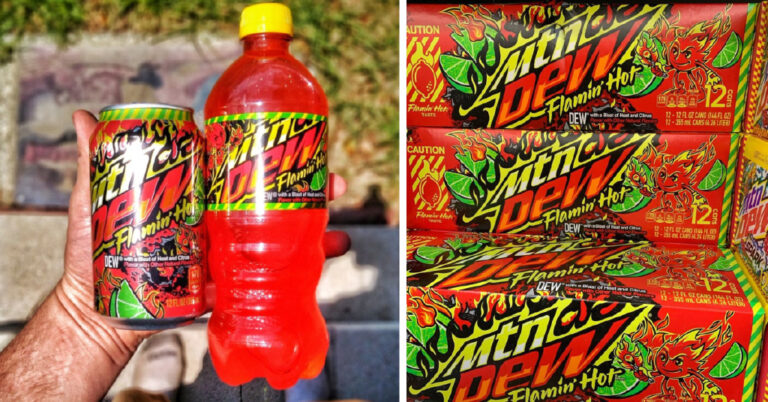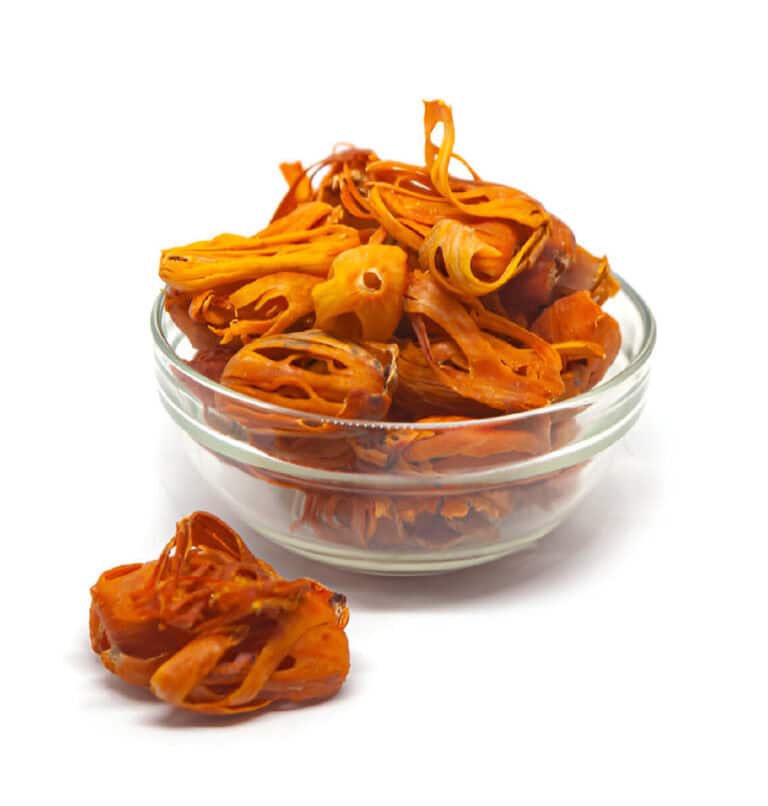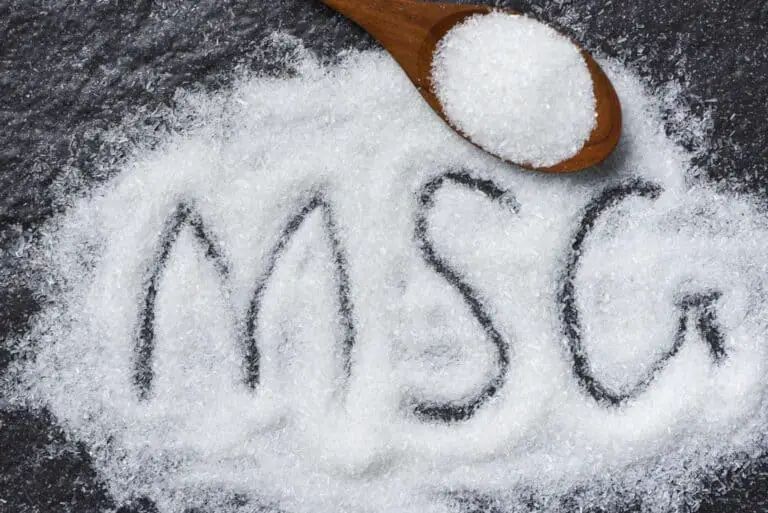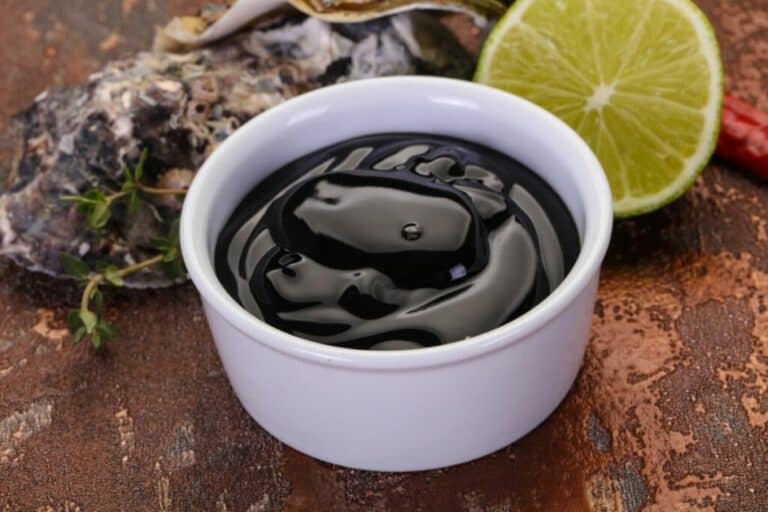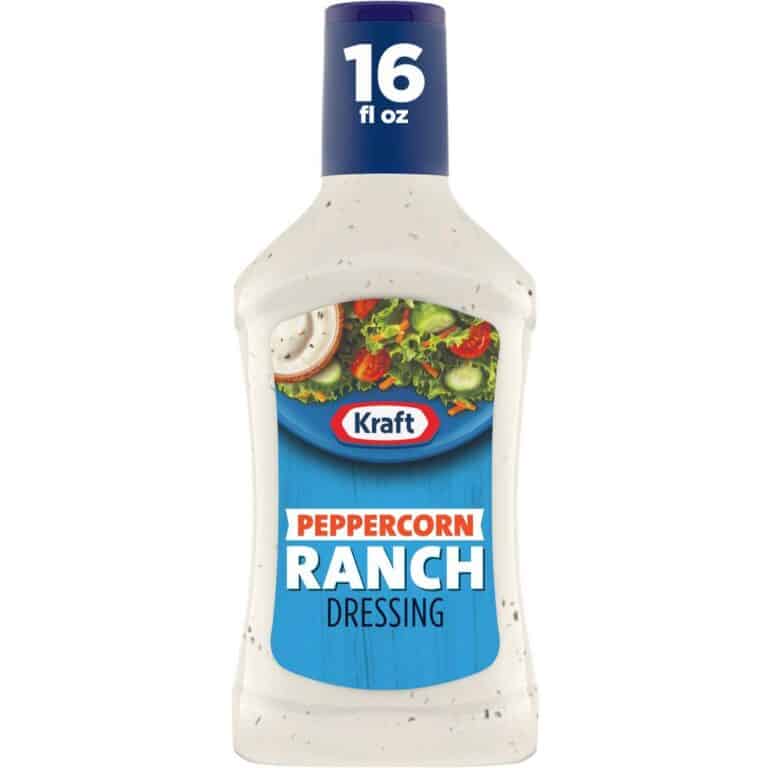Is Vanilla Extract Necessary? (How Important in Baking Cookies?)
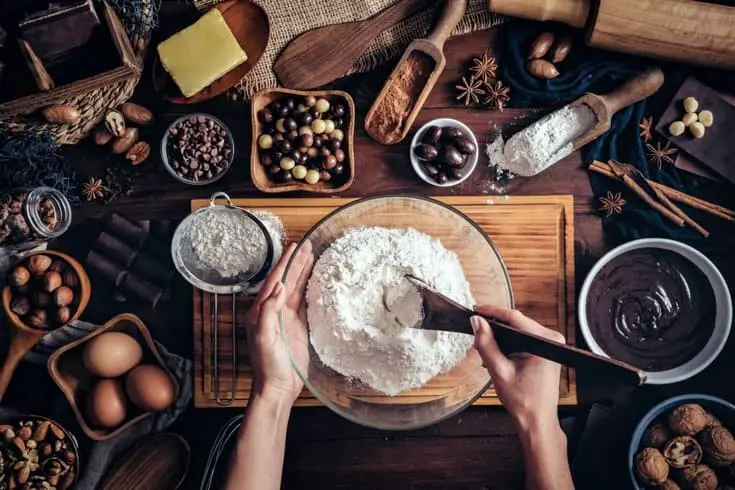
If you are new to baking and don’t know what vanilla extract is or why you only need one drop for a batch of cookies or brownies, you have come to the right place.
Baking is just like chemistry. You have to combine the right number of elements in the right order, apply heat or cold in a specific way, and you end up making something entirely new, much like a scientist in a lab.
Recipes may or may not call for eggs. They could or might not include flour. They might contain sugar or a sugar substitute. But it seems like everyone agrees on one thing: you need a teaspoon of vanilla extract.
Everybody keeps this brown bottle on a shelf someplace, and it appears to be an ingredient in every single dish. So, what does vanilla extra do, anyway? Do you really need to add it, though?
So, is vanilla extract necessary? It’s not really necessary. The good news is that there are several vanilla extract substitutions you can use depending on what you’re creating. You may need to substitute vanilla extract if you’re seeking an alcohol-free alternative or if you’ve run out of your stock.
This guide will help you find the best vanilla extract alternative for all of your baking and cooking needs.
Is Vanilla Extract Really Necessary?
When it comes to baking, many people believe that vanilla extract is a must-have ingredient. After all, it’s one of the most popular flavors in the world. But is vanilla extract really necessary?
The answer depends on what you’re baking. For cakes and cookies, vanilla extract is definitely not necessary. There are plenty of other flavors that can be used to add taste and variety. For example, chocolate and raspberry are great options for cakes, while gingerbread and cinnamon are perfect for cookies.
However, if you’re making something like pudding or ice cream, vanilla extract is definitely needed for the best results. The flavor of vanilla extract pairs well with other ingredients and provides a richness that can’t be matched by other flavors. So if you’re looking to make something special, be sure to use some vanilla extract! It has the unique ability to make the other flavors in a dish stronger and better.
How Important is Vanilla Extract in Baking Cookies?
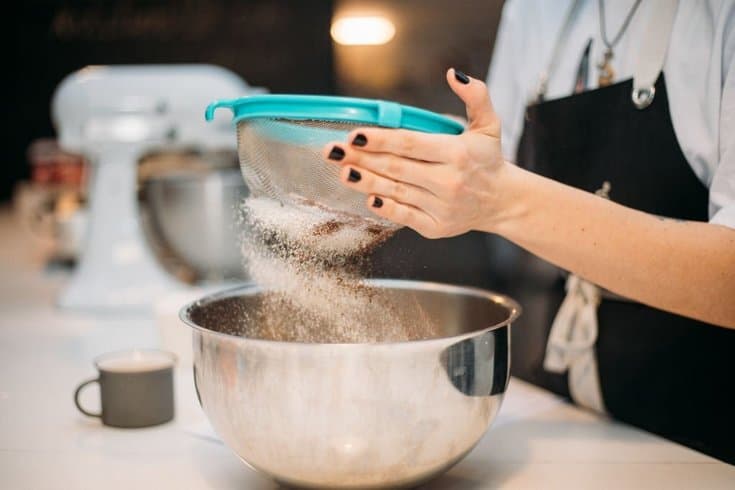
Cookies are a classic dessert that is enjoyed by people of all ages. There are many variations of this sweet treat, but all cookies have one common ingredient: flour. In order to make the perfect cookie, it is important to use the right combination of flavors and ingredients. Vanilla extract is a key flavor in many types of cookies, and it plays an important role in the taste and texture of this dessert.
This extract is often used in baking because it adds a delicious flavor and aroma to baked goods. In addition, the vanilla extract helps to keep cookies moist and gives them a delicate texture.
If you are looking for a classic cookie recipe that will impress your friends and family members, be sure to include vanilla extract in the ingredients list.
Does Vanilla Extract Make a Difference in Baking Products?
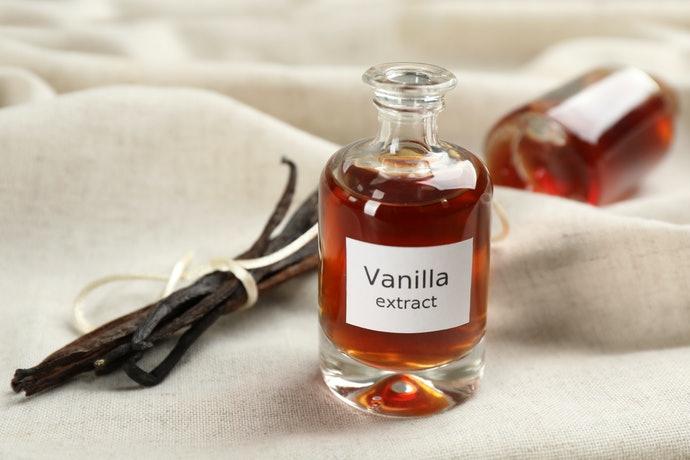
I finally figured it out, and the answer is yes! Vanilla serves a similar purpose in baking as salt does in savory recipes. Your pastries and cookies would taste boring without vanilla extract.
Some people believe that adding vanilla extract to a recipe can make a big difference in the final product. They say that it can help to enhance the flavor of the food, and that it can also help to improve the texture and moisten the food. There is some scientific evidence that supports these claims.
Foods that are high in fat can be made more flavorful and moist by adding vanilla extract. For example, if you want to make a dessert that is high in fat, you can add a small amount of vanilla extract to the recipe.
How to Use Vanilla Extract in Cooking and Baking
Vanilla extract is used in baking to give taste and moisture. Therefore, if the vanilla extract is used excessively, there is a good likelihood that the recipe will come out dry and thick.
A teaspoon of vanilla essence should be poured into a small glass bowl. Warm the bowl in the microwave for 10 seconds on high. (First, ensure that the bowl is heatproof.) Use a spoon to thoroughly combine the mixture.
Let the mixture cool for 15 minutes before using it in your recipe. Before adding the vanilla extract, you can add additional ingredients for taste and texture, such as eggs, butter, or peanut butter. Mix well before adding to your baking or cooking recipe. After cooling, the vanilla extract will be ready for use. You may even save it and use it to make vanilla ice cream or anything else!
If a recipe asks for one teaspoon of vanilla, try to use only that quantity. You can add another 1/2-1 teaspoon of vanilla extract if your batter is too moist and the cake won’t rise or the top collapses before baking.
Pure Vanilla Extract vs. Imitation Vanilla
Vanilla extract gets its flavor from the essential oils that are found in the vanilla bean, which are used to make the extract. Vanilla extract comes in two varieties: pure and imitation. Pure vanilla extract is made from real vanilla beans, while fake vanilla is made with artificial flavors.
Pure vanilla extracts contain sugar or other sweets, which is one way that they vary from imitation extracts. This is so that the extract’s taste may be stabilized and its potency can remain constant throughout time. Most imitation vanillas don’t have sugar in them because artificial flavors can last longer without it.
Some individuals prefer pure vanilla extract because they think it tastes better than imitation vanilla extract. Since pure vanilla extract tastes a little different from fake vanilla extract, bakers recommend using pure vanilla extract whenever possible.
However, there is no scientific proof to back up this claim. Actually, a lot of folks think imitation extracts taste just as nice as pure extracts.
It’s OK to use imitation vanilla in most recipes if you wish to bake more economically. If you’re making something with a strong vanilla flavor, you might want to buy the real thing for the best taste.
What Can I Use to Replace Vanilla Extract?
If you run out of vanilla extract and can’t find any at the store, you may feel stuck. After all, this ingredient is widely used in a number of baked goods recipes.
But if you need to use something else instead of vanilla extract, there are a few easy swaps you can make. These days, in most supermarkets, you’ll find a wide variety of vanilla extract substitutes.
Bourbon can be used instead of vanilla extract, and it works pretty well. Like vanilla, it contains a lot of alcohol and has a sweet flavor. Brandy can also be used in place of vanilla extract.
You may also use maple syrup in place of vanilla extract since it contains vanillin, which is the same substance found in imitation vanilla extract. As with maple syrup, you can use maple extract. When mixed with cinnamon and other spices, this makes cookies taste sweet and nutty.
In addition to those above, almond, peppermint, and lemon extracts may be found on food store shelves. You can use any of these extracts in place of vanilla extract, but the flavor of whatever you’re making will be very different depending on which extract you use.
Is Vanilla Extract Necessary – Beware of Expired Vanilla Extract
With the rise of organic and natural alternatives to processed foods, some people are starting to question whether or not vanilla extract is really necessary. While there are alternative flavorings available, vanilla extract is still an important ingredient for many bakers.
That being said, it’s important to be aware of the risks of what to do using expired vanilla extract. As previously mentioned, vanilla extract can be safe to use even after it has expired due to the alcohol content that acts as a preservative. However, the flavor of the extract may not be as potent, and the quality may be compromised. This can affect the overall taste of your baked goods, and it’s not worth the risk. It’s important to check the expiration date of your vanilla extract before using it in any recipe, and to discard it if it’s past its prime.
When it comes to choosing a vanilla extract, it’s important to look for a high-quality product that is made with real vanilla beans. Avoid synthetic vanilla flavorings, as they can have a chemical taste that is far from the real thing. Additionally, look for brands that have a good reputation and that are known for producing quality products.
Final Thoughts
Vanilla is a pantry staple and a crucial component in nearly every baker’s arsenal. Its deep, rich flavor is hard to get from any other product, so it is used in a lot of baking recipes. But most stores now sell a variety of vanilla flavorings and vanilla extract substitutes.
In conclusion, vanilla extract is not necessary for most baking recipes. The flavor can be easily replaced with other extracts or spices. However, if a recipe specifically calls for vanilla extract, then it should be used.

